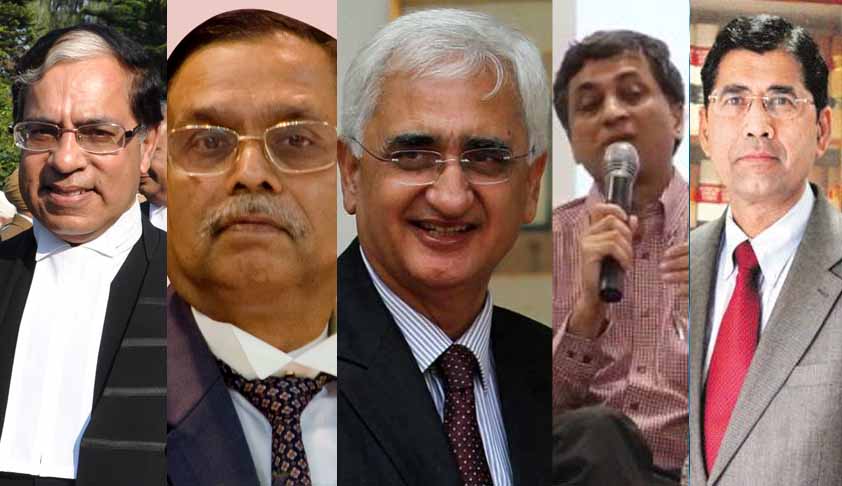- Home
- /
- Top Stories
- /
- Aadhaar/PAN: SC Judgment Tomorrow,...
Aadhaar/PAN: SC Judgment Tomorrow, Issues And Options Before The Court
Gautam Bhatia
8 Jun 2017 8:46 PM IST
A two Judge Bench of the Supreme Court of India will pronounce its Judgment, in petitions challenging the constitutional validity of Section 139AA of the Income Tax Act, which made Aadhaar mandatory for filing Income-Tax returns, at 2PM tomorrowOn May,4 the Bench of Justices AK Sikri and Ashok Bhushan had reserved the Judgment in the Petitions filed by CPI leader Benoy Vishwam, SG...
Next Story



